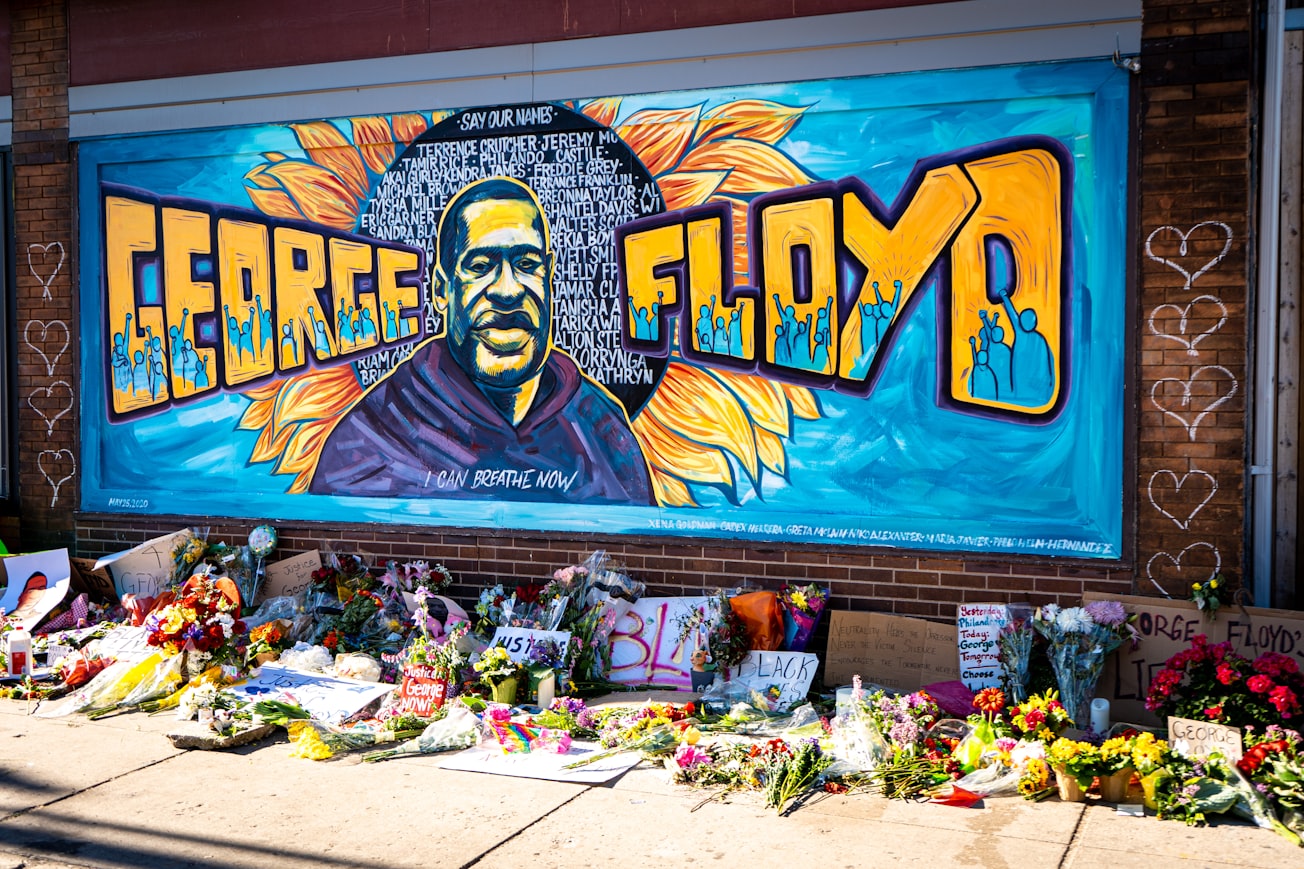What is it about?
We analyze statements issued by United States Institutions of Higher Education following George Floyd's murder. Using topic modeling and exponential random graph models, we find a shift in the discourse from colorblind racism and diversity to systemic racism. We also find talk to be fragmented - elite schools, those in blue states, and with high percentages of Black students are more focused on systemic racism; religiously affiliated schools and those located in red states attend more to diversity discourse, and less to systemic racism.
Featured Image

Photo by munshots on Unsplash
Why is it important?
We demonstrate that discourse on race and racism in U.S. Institutions of Higher Education has evolved after George Floyd's murder. Whereas prior institutional responses to racist incidents on campus tended to deny the racialized nature of the incident and focus attention on individual perpetrators, responses in the summer of 2020 generally acknowledge widespread societal systemic racism. At the same time, statements fall short of explicitly naming any wrongdoers. Our results also suggest that language surrounding systemic racism is poised to becoming mainstream in U.S. higher education institutional rhetoric.
Perspectives
It was really rewarding working on this article by leveraging multiple methods and collaborating with an interdisciplinary team of co-authors!
Neha Gondal
Boston University
Read the Original
This page is a summary of: From colorblind to systemic racism: Emergence of a rhetorical shift in higher education discourse in response to the murder of George Floyd, PLoS ONE, August 2023, PLOS,
DOI: 10.1371/journal.pone.0289545.
You can read the full text:
Contributors
The following have contributed to this page










